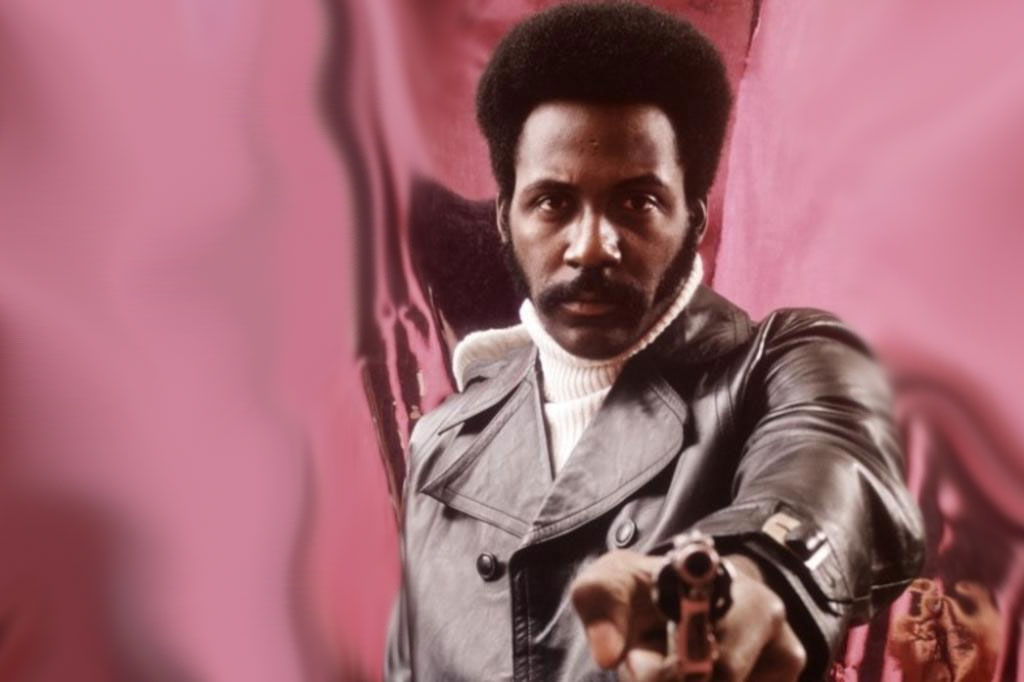
Most of the dialogue about breast cancer surrounds women and on the rare occasions men are mentioned, it is usually in reference to their need to support the women in their lives affected by the disease. However, what most people fail to realize is that men get breast cancer too. This fact became a surprising reality for African-American actor and breast cancer survivor Richard Roundtree. Best known for his roles as Detective John Shaft in the 1971 hit movie Shaft and slave Sam Bennett in the 1977 television series Roots, Roundtree was astonished to learn in 1993 that he had breast cancer.
“The doctor told me, ‘You have breast cancer,’ I heard the cancer part first — it was only later that I heard the breast part. I couldn’t believe it.” recalled Roundtree in his 2007 interview with ABC News about his battle with the disease. His initial refusal to acknowledge the ‘breast’ part about having cancer and subsequent denial speaks volumes to the general public’s view of men having breast cancer. Although he “was in the closet, so to speak, until after the fifth year when (he) was cancer free,” Roundtree has since emerged as an advocate for male breast cancer because “not talking about (his) cancer was really tough.” One’s inability to talk about the disease and express the physical and psychological affects it has can be very stressful, as it limits the amount of support one can receive to help cope with it.
Roundtree’s chances of surviving breast cancer were greatly increased after he felt a lump in his chest early on while filming a movie in Costa Rica. He explained that “It just didn’t feel right; I’m a bit of a hypochondriac, so I decided to get it checked out when I was back in L.A.” Like in the case of women, early detection and diagnosis of breast cancer greatly increases an individual’s risk of survival. While the signs of breast cancer in men are the same as those for women, such as a lump in the breast, enlarged lymph nodes under the arm, nipple discharge, pain in the nipple, inverted nipple or sores and patchy skin around the nipple, most men are unaware that they can get breast cancer, and as a result, do not look for the signs or notice something is wrong until very late into the spread of the disease.
Although it is estimated that men only account for about 1% of all breast cancer cases and the disease accounts for less than 1% of all cancers in men, it is still important for them to be aware of the fact that they are not exempt from getting the disease and for them to be aware of the signs to ensure early detection and increase their risk of survival. According to the American Cancer Society, for 2011, it is estimated that 2,140 new cases of invasive breast cancer will be diagnoses among men and about 450 men will die as a result. Additionally, while men and women in the same stage of breast cancer have a fairly similar outcome for survival, the fact that men are usually unaware of the signs of the disease, means that they are usually diagnosed in the later stages, thereby decreasing their chances of survival. It has also been estimated that a man’s lifetime risk of developing breast cancer is 1 in 1,000.
While the causes of cancer are still mostly unknown, it has been proven that breast cancer risks in men are increase by elevated levels of estrogen, previous radiation exposure and a family history of breast cancer. The American Cancer Society also advises that men can lower their risk of breast cancer by marinating an ideal body weight and restricting alcohol consumption. However, like in the case of women, early detection and treatment of breast cancer greatly increases a man’s chances of survival.

Men Get Breast Cancer Too, Ask “Shaft”
Latest posts by Nekita (see all)
- Before Rihanna there was Grace Jones - December 27, 2014
- Marimba: Expression of Freedom, yet my Afro-Ecuadorians… - December 25, 2014
- Who Makes Claim to Being the Reggae Capital of the World? - December 24, 2014




